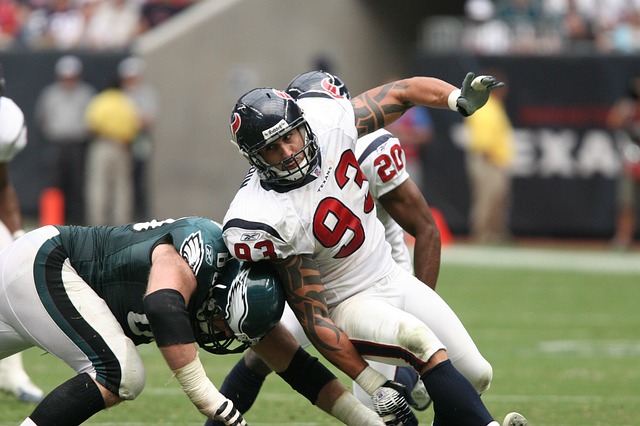Sports Betting Analysts Got It Right Regarding US Online Sports Bettors
After the US Supreme Court ruled in May 2018 that the Professional and Amateur Sports Protection Act(PASPA) of 1992 were unconstitutional, the right to determine the fate of sports gamblers at the state level was remanded to the state legislatures. The reaction has been decisive and swift. Currently, there are 14 states that have already passed legislation that legalizes sports gambling for its residents. Of the 14 states, 6 states are ready producing sports betting revenues with bookmakers in at least 3 other states ready to start taking bets prior to the start of the 2019 NFL season.
Unfortunately, Baltimore sports bettors will not have access any time soon to local sportsbooks to bet on the Baltimore Ravens. Currently, the Maryland legislature has yet to introduce any meaningful sports betting or online gambling legislation. The good news is Baltimore residents can still legally place sports wagers with offshore online bookmakers or play online casino games with an offshore online casino like gclub-casino.net.
If Maryland’s legislative representatives need any motivation to start moving towards the legalization of sports betting for its resident, the recent annual survey offered by the American Gaming Association (AGA) is shining a very bright light on the success of sports gambling in the US. The 116-page report was just released and by all indications, the new US sports betting industry is poised to exceed all expectations. As we delve into the numbers, it’s important to remember that only four states were taking sports bets in 2018. Furthermore, only Nevada was taking bets prior to July of 2018. Viewing the AGA’s data with this information in mind in necessary to grasp the true impact of the numbers.
The Data
For the fiscal year ended December 31, 2018, the aggregate gross revenues for all US casino gambling operations came in at $41.7 billion. That number includes gross revenues across 465 land-based casinos, operating in the 24 states that allow legalized casino gambling. The gross revenue number represents a 3.5% increase over the number reported in 2017.
Sports betting gross revenues came in at a robust $430.2 million in 2018, which represents a 64% jump over the $261.3 million in revenue generated during 2017. The relevance of this increase is not fully realized until we consider that most of that increase is attributable to sports betting contributions coming from three states (New Jersey, Pennsylvania and Delaware) that were in operation for less than half the year. Extrapolated over the entire year to include the 2018 Super Bowl and NBA Championship, sports betting revenues might have come in near the $700 million level.
Let’s take a look at how these numbers compare to expectations.
Did the Experts Getting Right?
To get the proper perspective on the numbers reported above, sports betting experts have been operating under the assumption that US sports bettors in aggregate were wagering $150 billion a year with illegal in-country bookies and offshore bookmakers. How does that compare with current trends as represented by the AGA’s results?
If the aforementioned four states accounted for a $430 million in sports betting gross revenues with three of the states only accepting bets for five months or less, the annualized number would have looked more like $700 million. That number only covers four states and none of the most populated states with the exception of New Jersey. Additionally, it’s highly likely that legal sports bettors only included residents that had easy access to casino operators. While it’s impossible to make some determinations regarding online access, it’s not unforeseeable to conclude that the real US sports betting number from all sources is at least 200x the amount reported. That indeed puts the number very close to the $150 billion estimated by the experts.
What does all this mean? By the time sports gamblers from every state are able to legally bet on sports either online of through land-based operation, the US sports betting industry could well be looking at gross revenues of close to $250 billion a year within the next five years. At an average effective tax rate of 15% on profits of around 20% of revenues that would add over $7.5 billion to the state coffers throughout the country. That looks a lot better in US banks than seeing those funds deposited in Europe.

